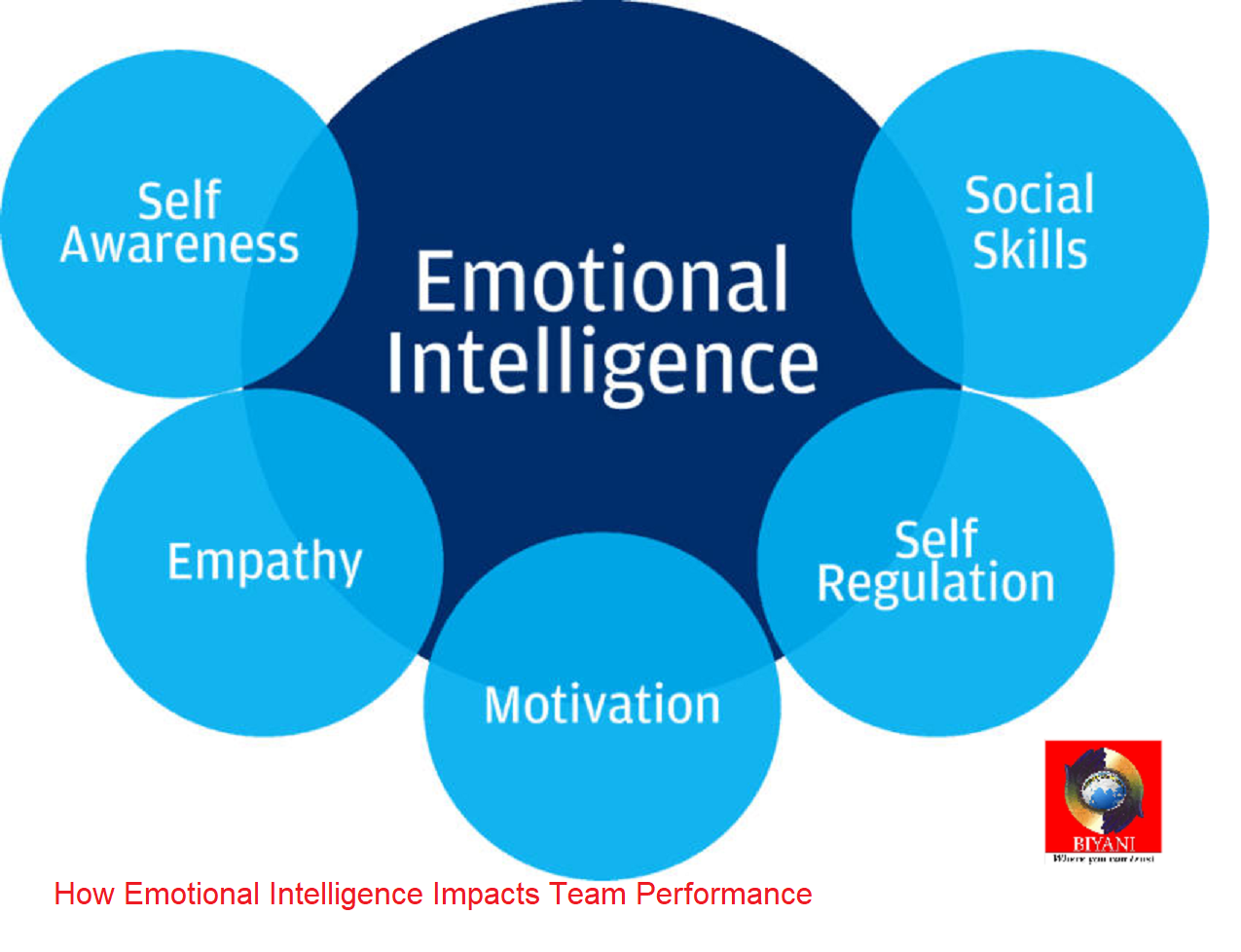Introduction
Literature has been the cornerstone of human civilization for centuries, providing a profound insight into the depth of human feelings. Through fiction, poetry, drama, and novels, authors have been able to sketch out the wide array of feelings that form a part of human life—love, depression, blissfulness, hopelessness, rage, and hope.
The strength of literature is that it can traverse time and space, enabling us to step into the hearts and minds of people of other places and times. Through this, literature not only mirrors the human condition but also broadens our knowledge of feeling, generating empathy and self-awareness.
Literature as a Tool for Emotional Exploration
From myths to modern novels, literature has served as a medium to explain and explore emotions. Authors use words to express feelings that might otherwise remain unspoken—giving voice to humanity’s joys and despairs.
One of the strongest aspects of literature is its ability to articulate complex feelings. Poetry, for example, expresses emotions using metaphors, imagery, and rhythm. Emily Dickinson’s I Felt a Funeral in My Brain powerfully conveys the intangible nature of mental anguish. Likewise, Leo Tolstoy’s Anna Karenina explores the complexities of love and despair, allowing readers to emotionally connect with the characters.
Literature as a Mirror of Human Experience
Great literature reflects society and captures the emotional truths of different times. By reading books from various eras, we can observe the evolution of human emotion and societal responses to it.
Shakespeare’s Hamlet, for instance, still resonates today through Hamlet’s deep musings on mourning and madness. Similarly, Toni Morrison’s Beloved presents a haunting exploration of trauma and loss, offering insight into the emotional toll of slavery. Through Sethe’s story, readers gain empathy and a deeper understanding of historical suffering.
Literature and the Growth of Empathy
One of literature’s most powerful roles is fostering empathy. Stories immerse readers in the experiences of characters—allowing them to feel their joy and sorrow as if it were their own.
Studies show that literary fiction improves emotional intelligence and the ability to understand others’ thoughts and feelings. Novels like Harper Lee’s To Kill a Mockingbird challenge readers to confront issues like prejudice and justice, engaging their moral and emotional senses in profound ways.
The Cathartic Power of Literature
Literature also serves as a form of emotional release. Aristotle’s concept of catharsis in tragedy explains how experiencing intense emotions through art can purify and restore us.
Plays like Sophocles’ Oedipus Rex or Shakespeare’s King Lear evoke deep pity and fear, leading to emotional clarity. For many, literature is healing. Viktor Frankl’s Man’s Search for Meaning, written after surviving a concentration camp, provides hope and resilience—showing how words can inspire peace and strength in adversity.
Exploring the Complexity of Human Emotions
One of literature’s greatest strengths is its ability to portray emotional complexity. Unlike many modern media forms, literature rarely simplifies human feelings.
In Dostoevsky’s Crime and Punishment , Raskolnikov’s internal conflict blends guilt, rationalization, and despair. His psychological journey challenges readers to reflect on their own emotional and ethical struggles.
Charlotte Perkins Gilman’s The Yellow Wallpaper critiques how women’s emotions were historically misunderstood and dismissed. Through the protagonist’s descent into madness, the story reveals the dangers of emotional neglect in a patriarchal society.
Literature as a Mirror for Self-Reflection
Reading literature also promotes self-awareness. When readers see themselves in characters, they gain a better understanding of their own identity and emotions.
This is especially evident in coming-of-age novels. J.D. Salinger’s The Catcher in the Rye resonates with adolescents facing confusion and isolation. Literature can often articulate feelings readers struggle to express, offering comfort and validation during emotional hardships.
Conclusion
Literature is a powerful resource for understanding human emotions. By presenting complex and engaging narratives, it allows us to connect deeply with a vast range of feelings. Whether it’s the purging effect of tragedy, personal growth through identification, or the development of empathy through diverse perspectives, literature enhances our emotional intelligence and enriches our lives.
The more books we read, the more in tune we become with ourselves and others—building a world filled with greater empathy, understanding, and human connection. At Biyani Girls College, we believe in nurturing not just academic excellence, but emotional intelligence through the transformative power of literature and holistic education.
Blog By:-
Ms. Kanishka Joshi
Assistant Professor, English Lit., Dept of Arts
Biyani Girls College


